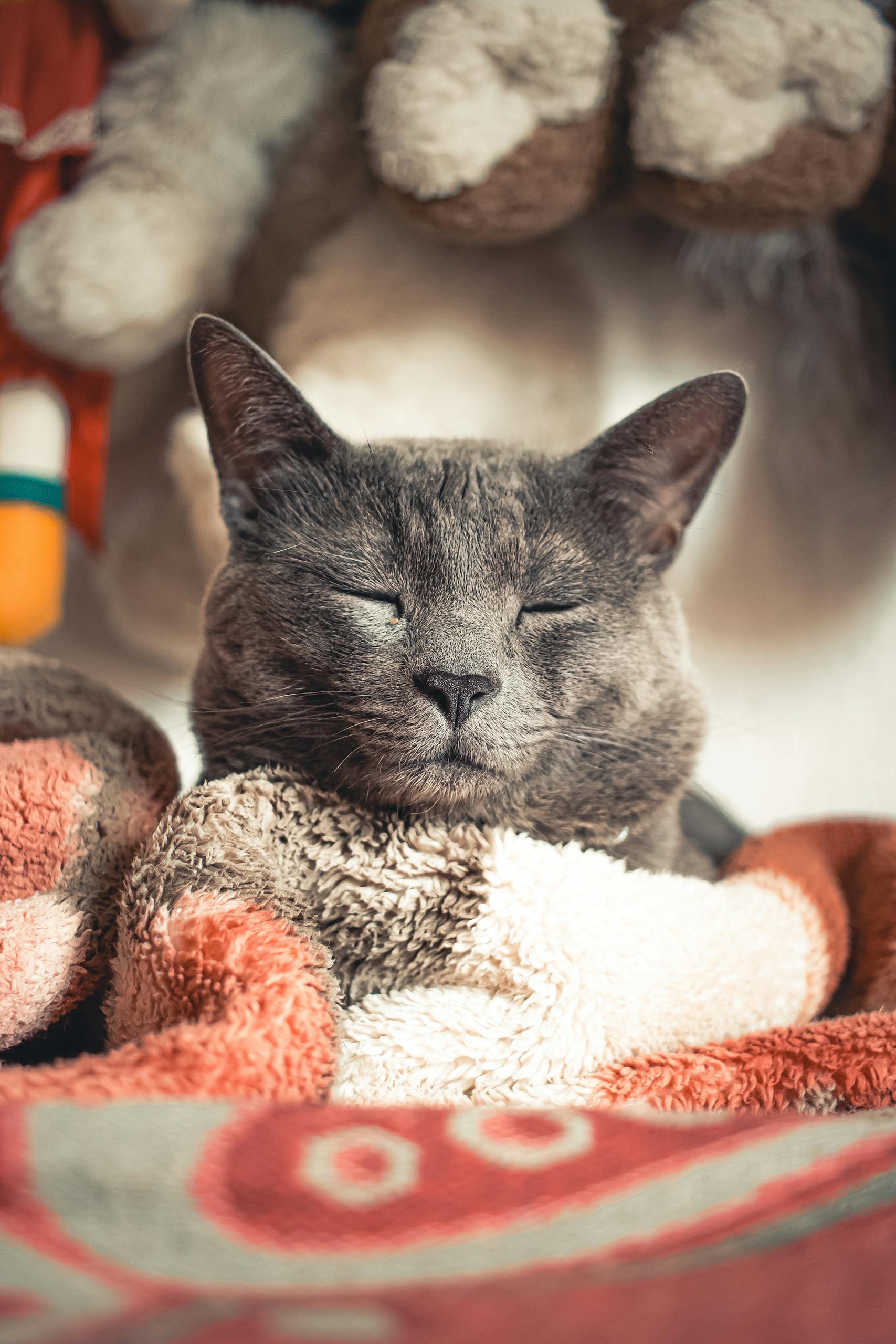
Cat Dementia: Symptoms and Management
As humans age, cognitive decline can lead to memory loss, diminished attention, and even dementia. Similarly, our feline friends can also experience cognitive issues, commonly called cat dementia. Research indicates that about 28% of cats over 11 years old show signs of dementia, and this figure rises to over 50% in cats older than 15 years. Recognizing the signs of cat dementia early can help manage their quality of life.
Symptoms of Cat Dementia to Watch For
- Loss of Direction A common early sign of dementia in cats is disorientation. Your cat might seem lost in your home, bumping into objects or having difficulty finding the litter box.
- Increased Incontinence Cats are known for their cleanliness and territorial behavior. If your cat begins to have frequent accidents outside the litter box, it could be due to confusion or forgetfulness associated with dementia.
- Changes in Eating Habits Signs like eating multiple times in short succession due to forgetting they’ve eaten or rejecting favorite treats can indicate cognitive decline.
- Altered Social Interactions Cats may also change their interactions—they might become less social with family members or, conversely, show excessive interest in strangers or other pets.
Additional symptoms might include repetitive behaviors, changes in vocalization, and altered sleep patterns.
Focus on Symptom Management and Prevention
While dementia is a natural aspect of aging, focusing on symptom management can delay its onset. Regular health check-ups, especially as cats reach 6 to 7 years of age, are crucial for early detection and treatment of any underlying conditions that may contribute to cognitive decline.
Engage in regular health screening to identify and mitigate risks associated with dementia early. As there is no definitive cure for dementia, early intervention and management can significantly impact your cat’s quality of life.
Strategies for Managing Cat Dementia
In addition to regular examinations, nutritional support plays a critical role in managing dementia. Foods rich in Omega-3 fatty acids and Vitamin E can be beneficial. For overweight cats or those needing more physical activity, providing interactive structures like cat towers or tunnels can promote activity and support weight management.
Providing a loving environment with consistent care, mental stimulation, and regular health checks will nurture your cat’s well-being, minimizing the effects of aging.
